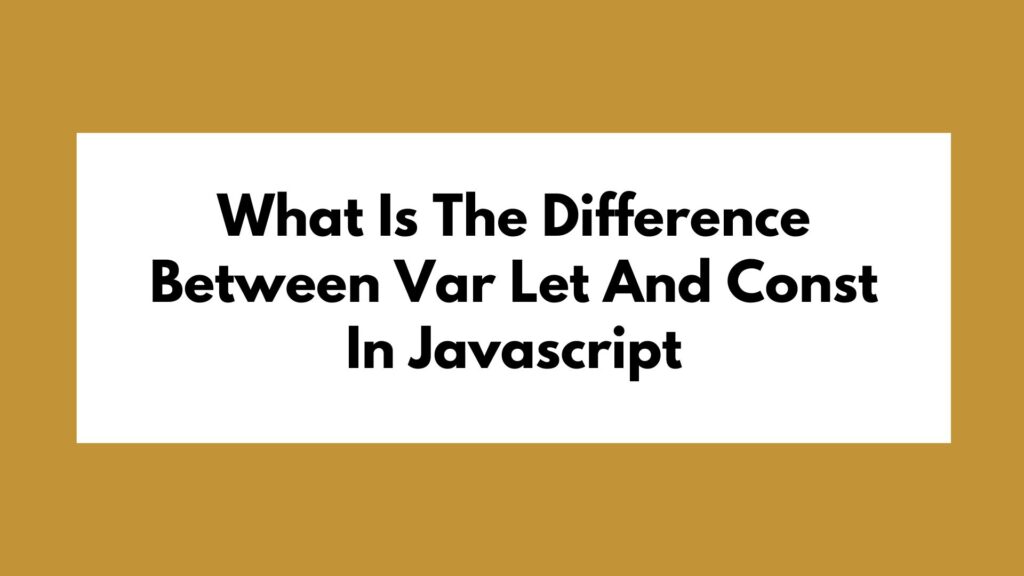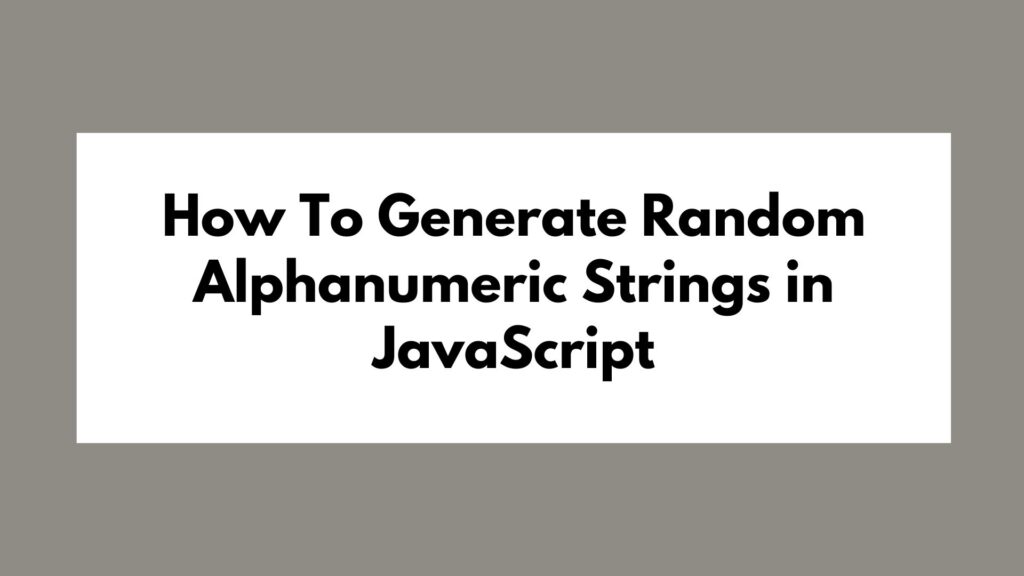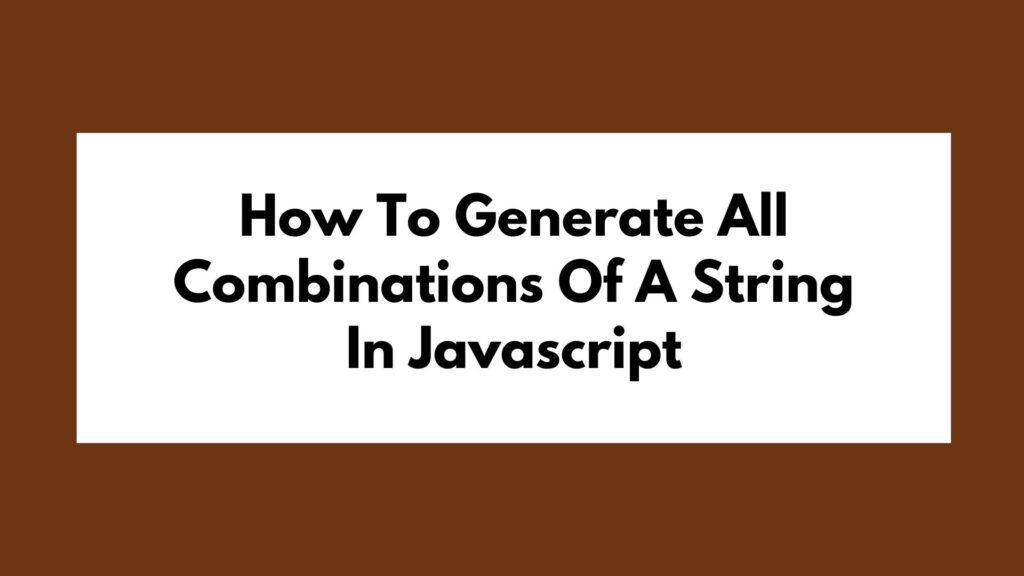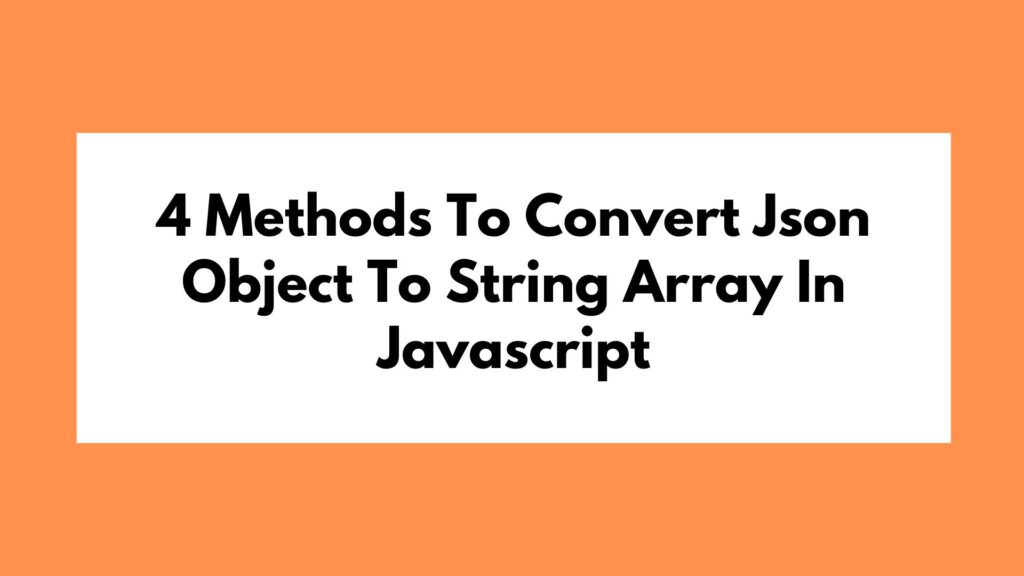
JavaScript, being a versatile and dynamic programming language, offers multiple ways to declare variables, each with its own characteristics and use cases. var, let, and const are the primary keywords used for variable declarations in JavaScript, but they have distinct behaviors and implications. Understanding these differences is crucial for writing clean, maintainable, and bug-free code.
Table of Contents
var: The Old-School Way
var was the original keyword for variable declaration in JavaScript, introduced in the early versions of the language. While it served its purpose for a long time, it comes with some quirks and drawbacks.
Function-Scoped: Variables declared with var are function-scoped, meaning they are accessible throughout the entire function in which they are declared, regardless of where they appear within the function.
function exampleVar() {
if (true) {
var message = "Hello";
}
console.log(message); // "Hello", var is function-scoped
}
exampleVar();
Hoisting: Variables declared with var are hoisted to the top of their containing function or global scope. This means you can reference a var variable before its declaration, although it will have the value undefined.
function exampleVarHoisting() {
console.log(x); // undefined
var x = 10;
console.log(x); // 10
}
exampleVarHoisting();
let and const: The Modern Approach
let and const were introduced in ECMAScript 6 (ES6) to address some of the shortcomings of var and to provide more predictable and flexible variable declaration mechanisms.
Block-Scoped: Both let and const are block-scoped, meaning they are confined to the block in which they are defined, such as within if statements, loops, or function blocks.
function exampleLet() {
if (true) {
let message = "Hello";
}
console.log(message); // ReferenceError: message is not defined
}
exampleLet();
Constancy and Immutability: Variables declared with const are constant, meaning their value cannot be reassigned once initialized. This makes them suitable for defining values that should remain unchanged throughout the program’s execution.
function exampleConst() {
const PI = 3.14;
PI = 3.14159; // Error: Assignment to constant variable
}
exampleConst();
However, it’s essential to note that while primitive values assigned to const variables cannot be changed, the properties of objects and elements of arrays assigned to const variables can still be modified.
function exampleConstObject() {
const person = {
name: "John",
age: 30
};
person.age = 31; // Allowed, mutating object properties
console.log(person); // { name: "John", age: 31 }
}
exampleConstObject();
No Hoisting Temporal Dead Zone (TDZ): Variables declared with let and const are hoisted to the top of their containing block, but they are not initialized. This means accessing them before their declaration results in a ReferenceError within the so-called Temporal Dead Zone (TDZ).
function exampleLetHoisting() {
console.log(x); // ReferenceError: Cannot access 'x' before initialization
let x = 10;
console.log(x); // 10
}
exampleLetHoisting();
Best Practices
- Use
constby default for variables that do not need reassignment. It promotes immutability and enhances code readability by signaling that the value should not change. - Use
letwhen variable reassignment is necessary. It keeps the scope limited to where the variable is needed, reducing potential bugs and unintended side effects. - Minimize the use of
varin modern JavaScript codebases. Its function-scoped nature and hoisting behavior can lead to unexpected results and make code harder to reason about.
Conclusion
Understanding the differences between var, let, and const is fundamental to writing clean, reliable JavaScript code. By leveraging the appropriate variable declaration keywords based on their scope, mutability, and hoisting characteristics, developers can write more maintainable, bug-free code that aligns with modern JavaScript best practices. Embrace let and const as the standard for variable declaration in your JavaScript projects, and say goodbye to the quirks of var.






